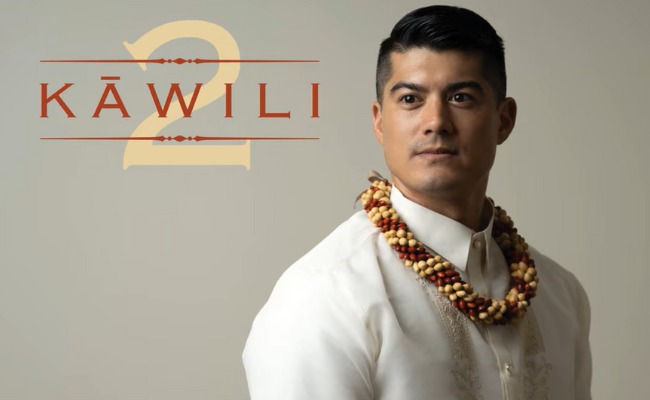New ‘Kāwili’ album adds Filipino twist to Hawaiian mele

Photo from Various Artists/YouTube
In the Philippine music soundscape, we have P-pop group “Alamat” performing in different languages such as Tagalog, Ilocano, Kapampangan, and Cebuano. The seamless incorporation of these languages into their songs offer a unique musical experience for everyone.
On the other side, there’s an album that imbues Hawaiian melodies with Filipino folk songs that have been translated into three languages: Tagalog, Ilocano, and Bisaya.
The latest “Kāwili” album comprises 19 songs that have taken traditional Hawaiian mele, primarily from the 19th century, and infused them with a Filipino style.

According to album producer Lance Collins, who is also a Maui attorney, the project signifies a cultural exchange between Hawaii and the Philippines. This exchange is particularly significant in light of the 2010 census, which indicates that the Filipino community accounts for approximately 15 percent of Hawaii’s total population.
“The first album was primarily Philippine folk songs that have been interpreted and presented as Hawaiian Mele,” he remarked about the 2021 album.
View this post on Instagram
“And the second album is sort of the reverse of that. It’s taking well loved Hawaiian mele, mostly from the 19th century and ‘Filipinized’ them.”
The second album predominantly features love songs performed by various artists from Hawaii and the Philippines, including Hawaii’s Malia Lyman and Kamaha’o Haumea-Thronas and Filipino singers Eugene Tunac Marquez and Anya Evangelista.
You may also like: Olivia Rodrigo’s ‘Guts’ claims top spot on Billboard albums chart
Similar to what “Alamat” has been doing with their tracks, the album was originally intended to include eight Filipino languages, but the COVID-19 pandemic imposed restrictions, reducing it to just three, as the work was underway during the global lockdown.
The album is now available on various digital platforms and in physical CD format in Hawaii and North America, with proceeds supporting the University of Hawaii’s Ilocano literature language program and the William S. Richardson School of Law’s refugee and immigrant clinic.

